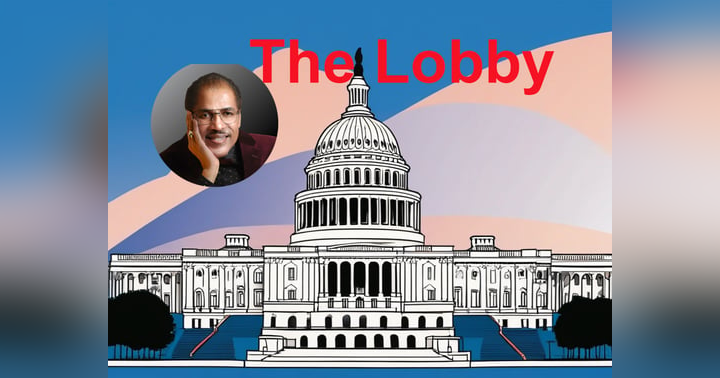Zionism vs Jewish Religion
Article by Butch Leake
Copyright 2024
Zionism and the Jewish religion are often conflated in public discourse, but they are distinct concepts with their own histories, beliefs, and implications. Understanding the differences and connections between Zionism and the Jewish religion is essential for unraveling the complex relationship between these two closely related but distinct entities.
Historical Origins and Key Beliefs
Zionism, a political movement founded in the late 19th century, aims to establish and maintain a Jewish state in the ancient Jewish homeland of Israel. The term "Zionism" is derived from "Zion," a hill in Jerusalem on which the city of David was built. The founder of modern Zionism, Theodor Herzl, envisioned a safe haven for Jews in their ancestral land, free from the widespread anti-Semitism and persecution they faced in Europe.
The core belief of Zionism is that Jews have the right to self-determination and national sovereignty in their historical homeland. Zionists advocate for the establishment of a Jewish state as a means of ensuring the safety and security of the Jewish people. This belief has fueled Jewish immigration to Israel and has been a driving force in the ongoing Israeli-Palestinian conflict.
On the other hand, the Jewish religion is a monotheistic faith that traces its origins back to ancient Israel. Judaism is based on the teachings and laws found in the Hebrew Bible, or Tanakh, and includes a rich tradition of rituals, customs, and ethical guidelines. Central to Judaism is the belief in a covenant between God and the Jewish people, as well as the obligation to fulfill the commandments laid out in the Torah.
Judaism encompasses a diverse range of beliefs and practices, with different sects and movements interpreting Jewish teachings in various ways. While Zionism emerged as a response to the challenges faced by Jews in the diaspora, Judaism has endured for millennia as a faith and way of life for Jewish people around the world.
Conflation in Political and Social Contexts
The conflation of Zionism and the Jewish religion has been a recurring theme in political and social contexts, with both supporters and critics often incorrectly equating the two. Some opponents of Zionism accuse all Jews of supporting the state of Israel, overlooking the diversity of opinions within the Jewish community. On the other hand, some proponents of Zionism argue that criticism of Israel is synonymous with anti-Semitism, dismissing legitimate concerns about the Israeli government's policies.
Examples of this conflation can be seen in the Israeli-Palestinian conflict, where the actions of the Israeli government are sometimes portrayed as representative of all Jewish people. This oversimplification not only erases the diversity of Jewish opinions on Israel but also perpetuates harmful stereotypes and prejudice against Jews as a whole.
Implications of Conflation
The conflation of Zionism and the Jewish religion has significant implications for both Jewish identity and Israeli politics. For many Jews, particularly in the diaspora, the assumption that they must support Israel uncritically can create internal conflict and disconnect them from their religious and cultural heritage. Similarly, equating Judaism with Zionism can lead to the exclusion of Jewish voices that do not align with the political goals of the state of Israel.
In Israeli politics, the conflation of Zionism with Judaism can be used to legitimize controversial policies and suppress dissent. By framing criticism of Israel as an attack on Jewish identity, the Israeli government can deflect accountability for its actions and silence opposition. This manipulation of Jewish identity for political gain undermines the diversity and complexity of Jewish beliefs and values.
Encouraging Critical Thinking and Reflection
To navigate the complexities of the relationship between Zionism and the Jewish religion, it is crucial to approach the subject with a nuanced understanding of both concepts. Recognizing the distinct origins, beliefs, and implications of Zionism and Judaism is essential for avoiding essentialism and stereotypes. By engaging in critical thinking and reflection, individuals can challenge misconceptions and promote a more informed and respectful dialogue on issues related to Zionism and the Jewish religion.
In conclusion, Zionism and the Jewish religion are intertwined but distinct entities with their own histories, beliefs, and implications. Understanding the differences and connections between Zionism and Judaism is essential for unraveling the complex relationship between these two concepts, promoting critical thinking, and fostering a more inclusive and informed discourse on issues related to Jewish identity and Israel.




